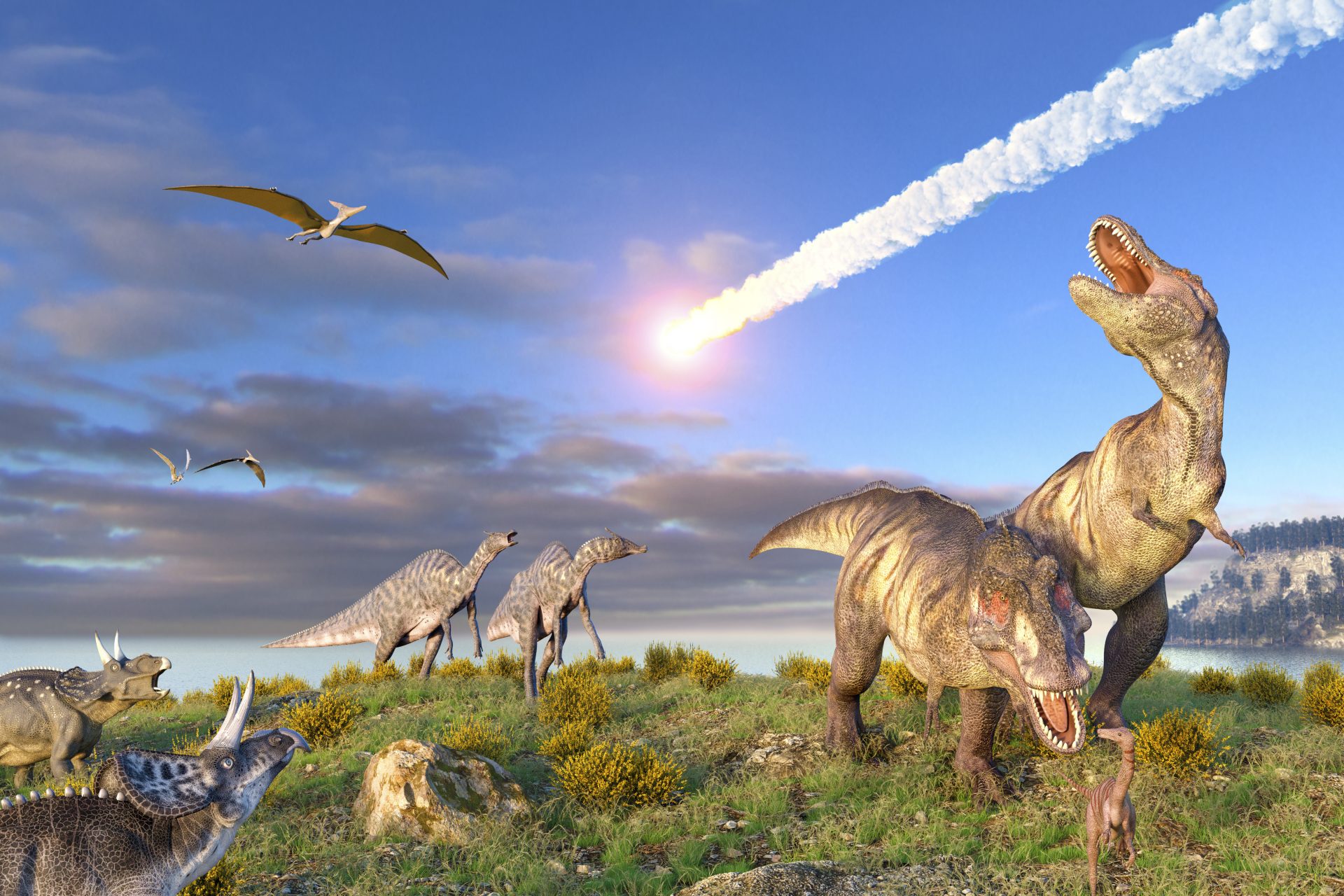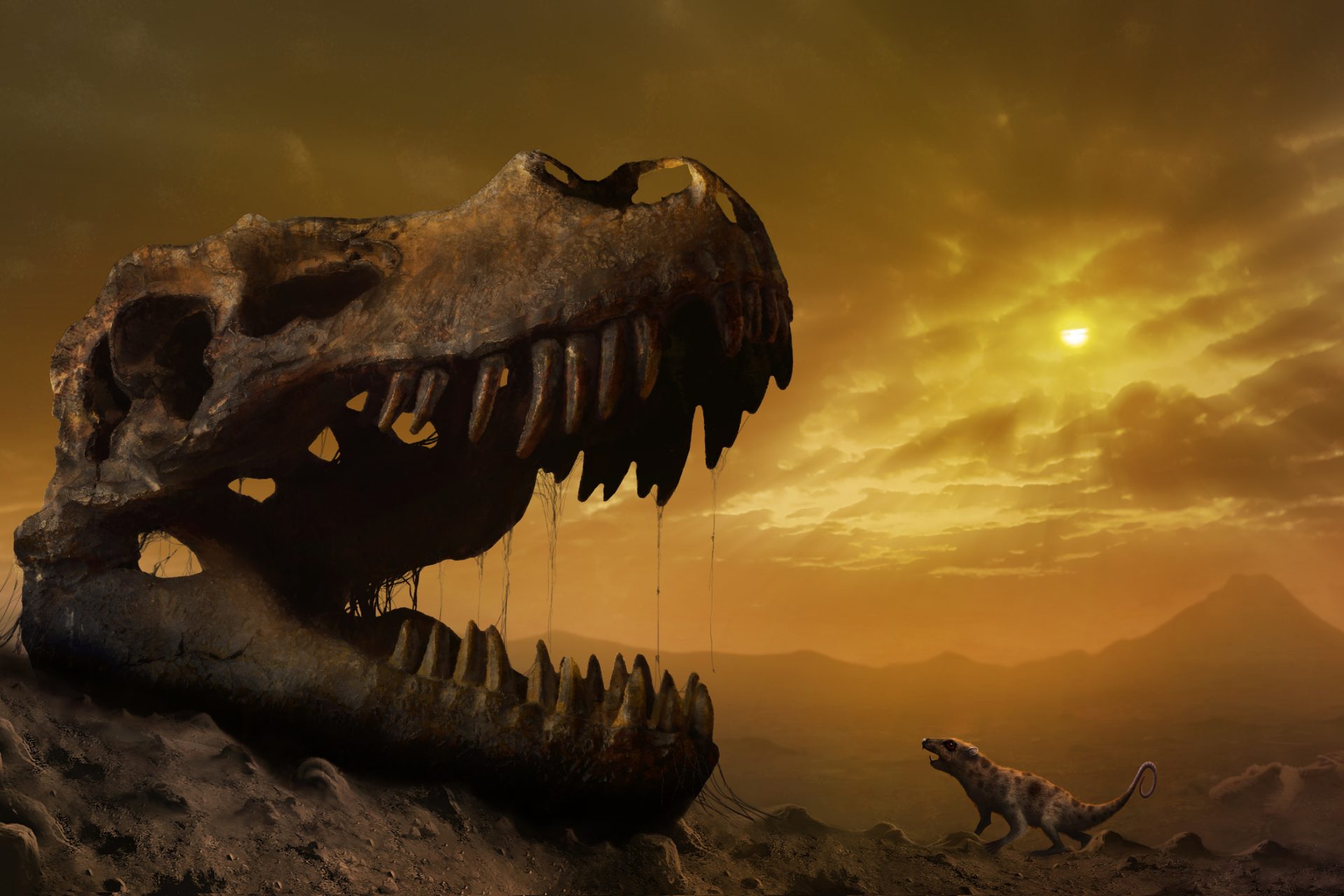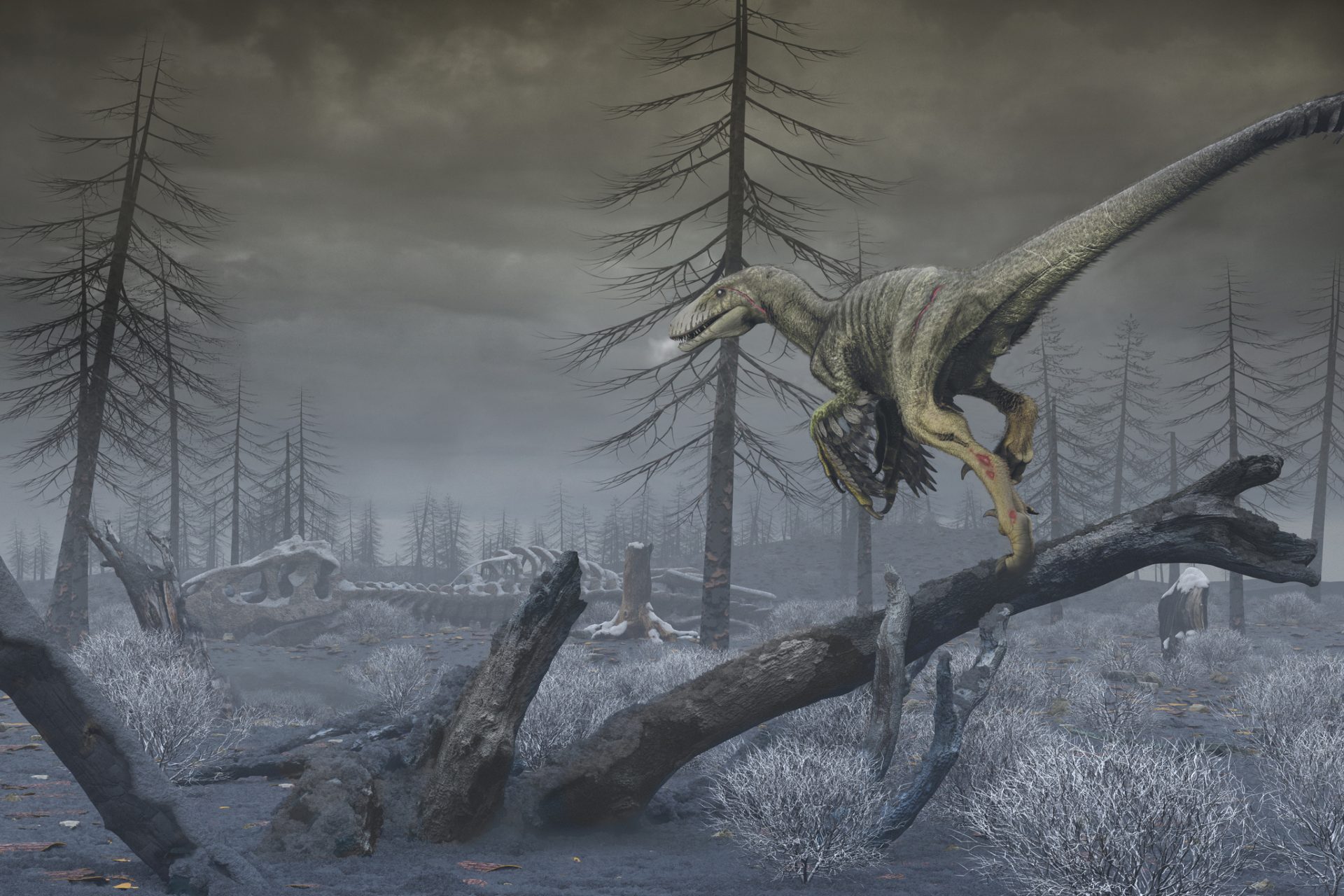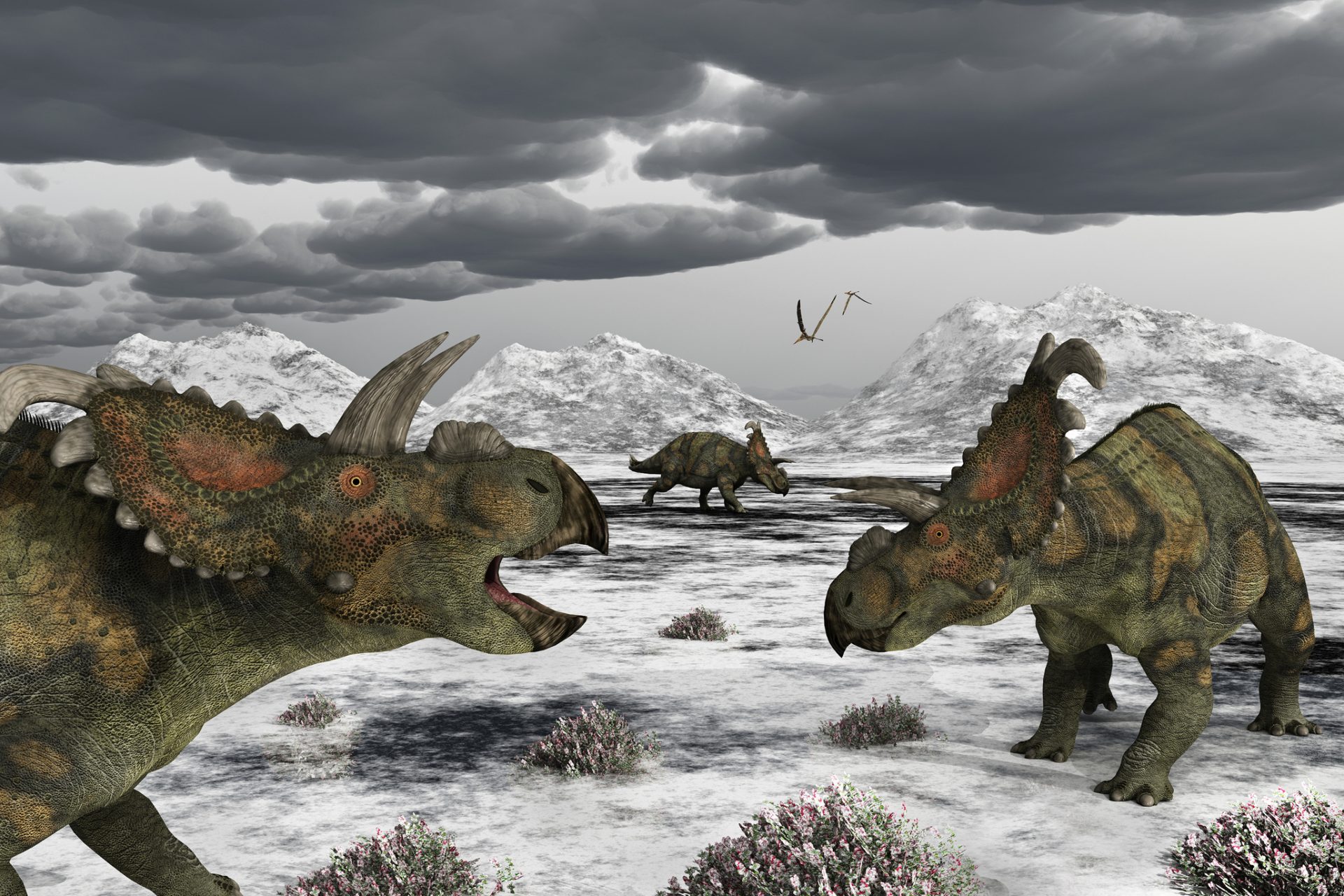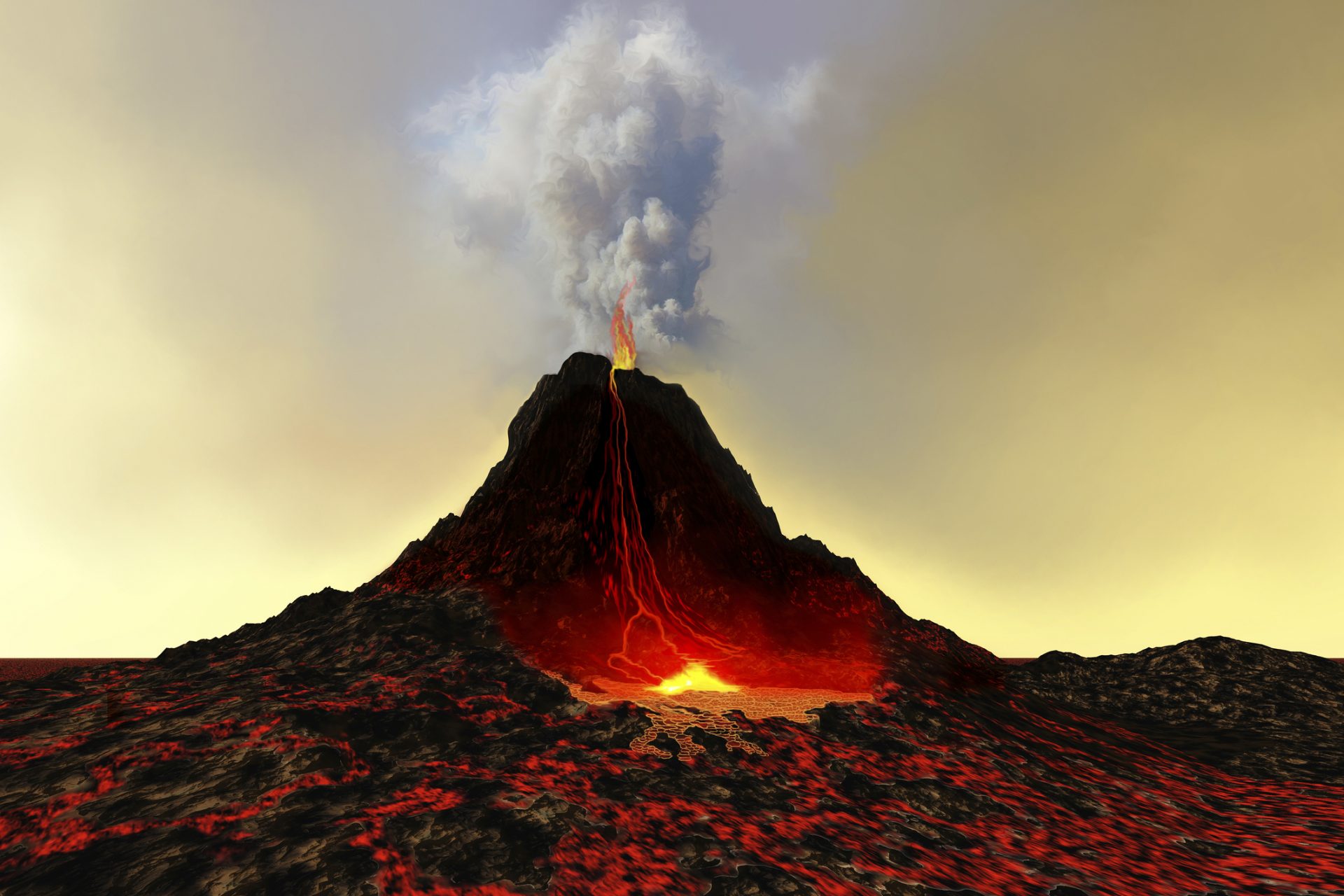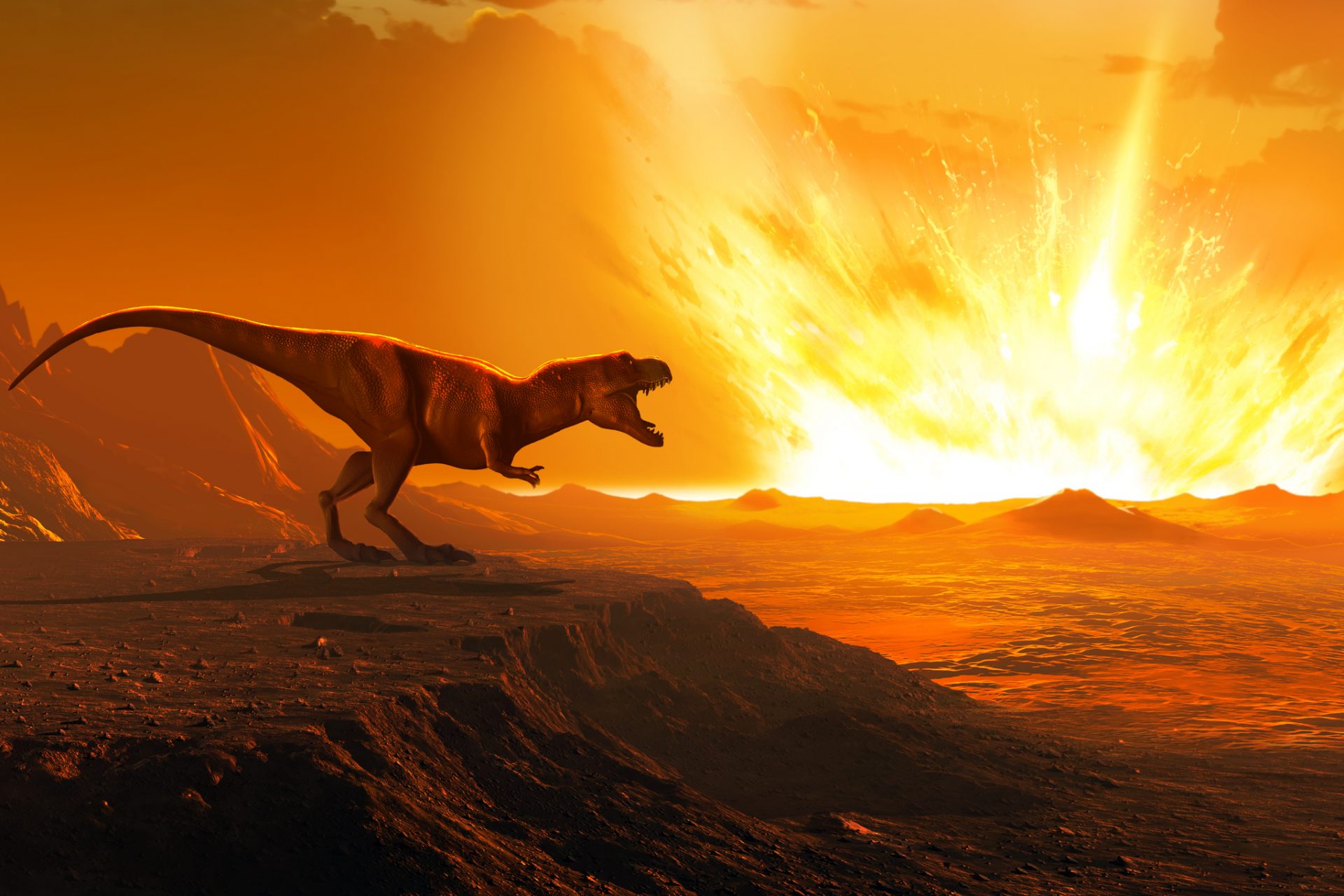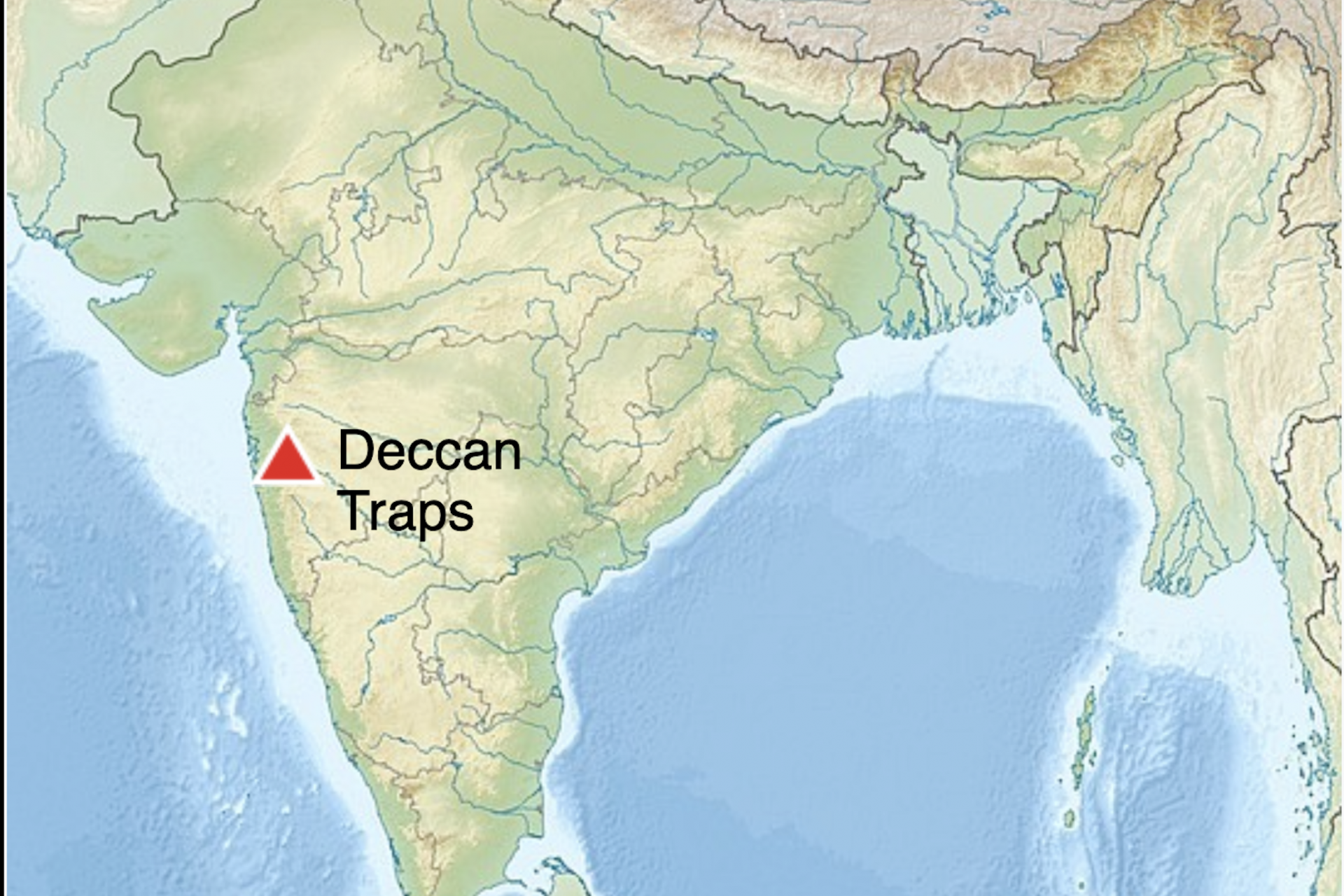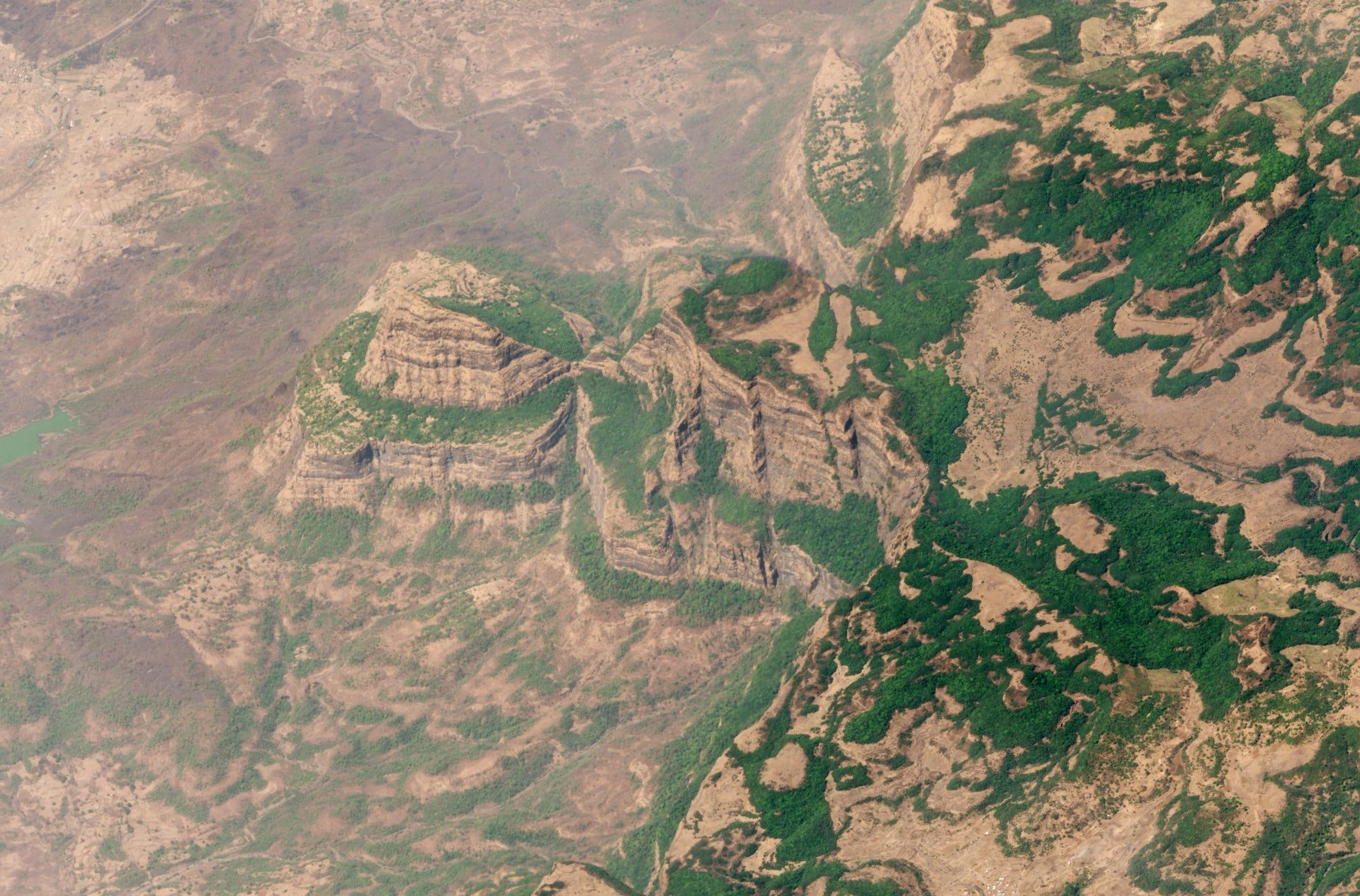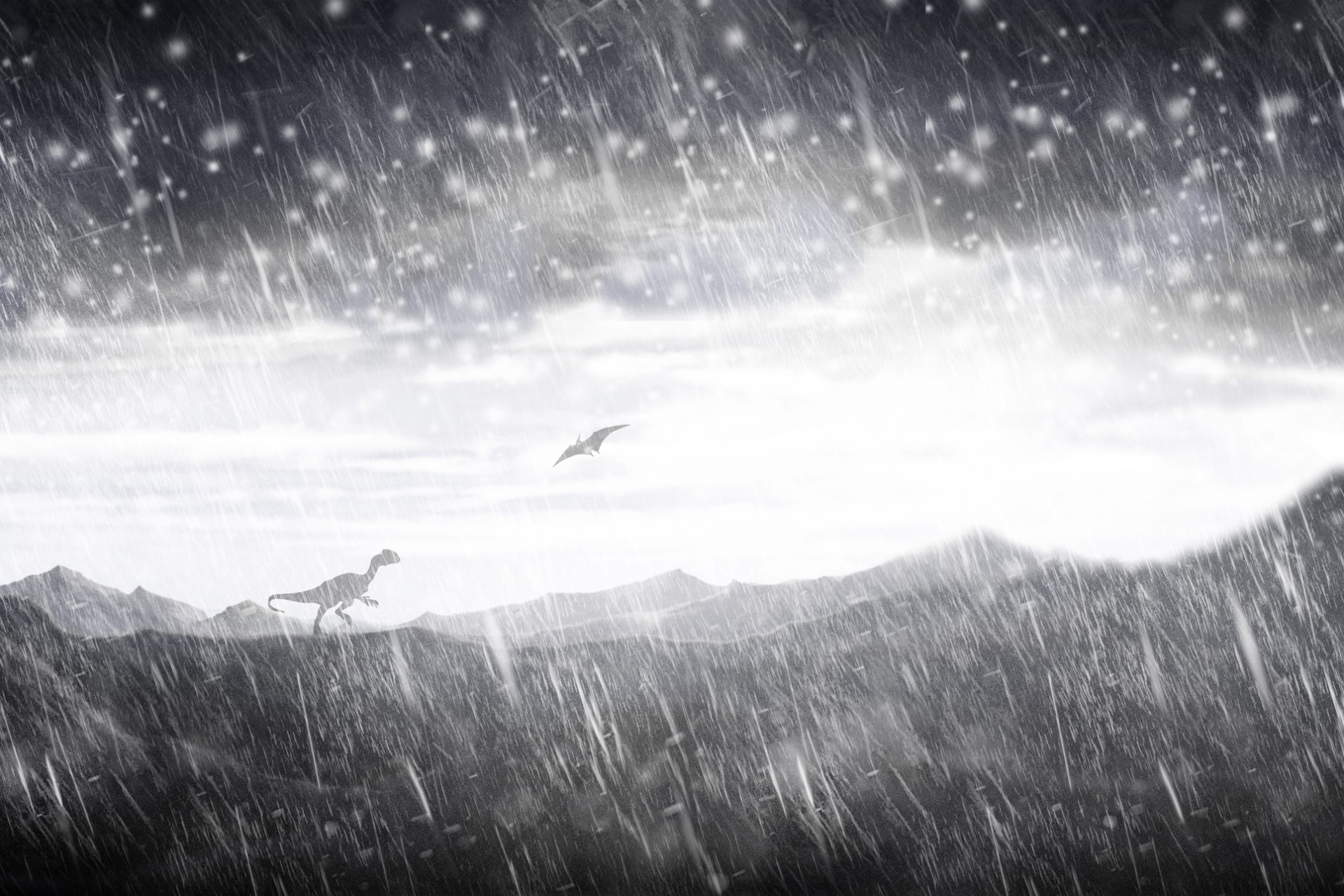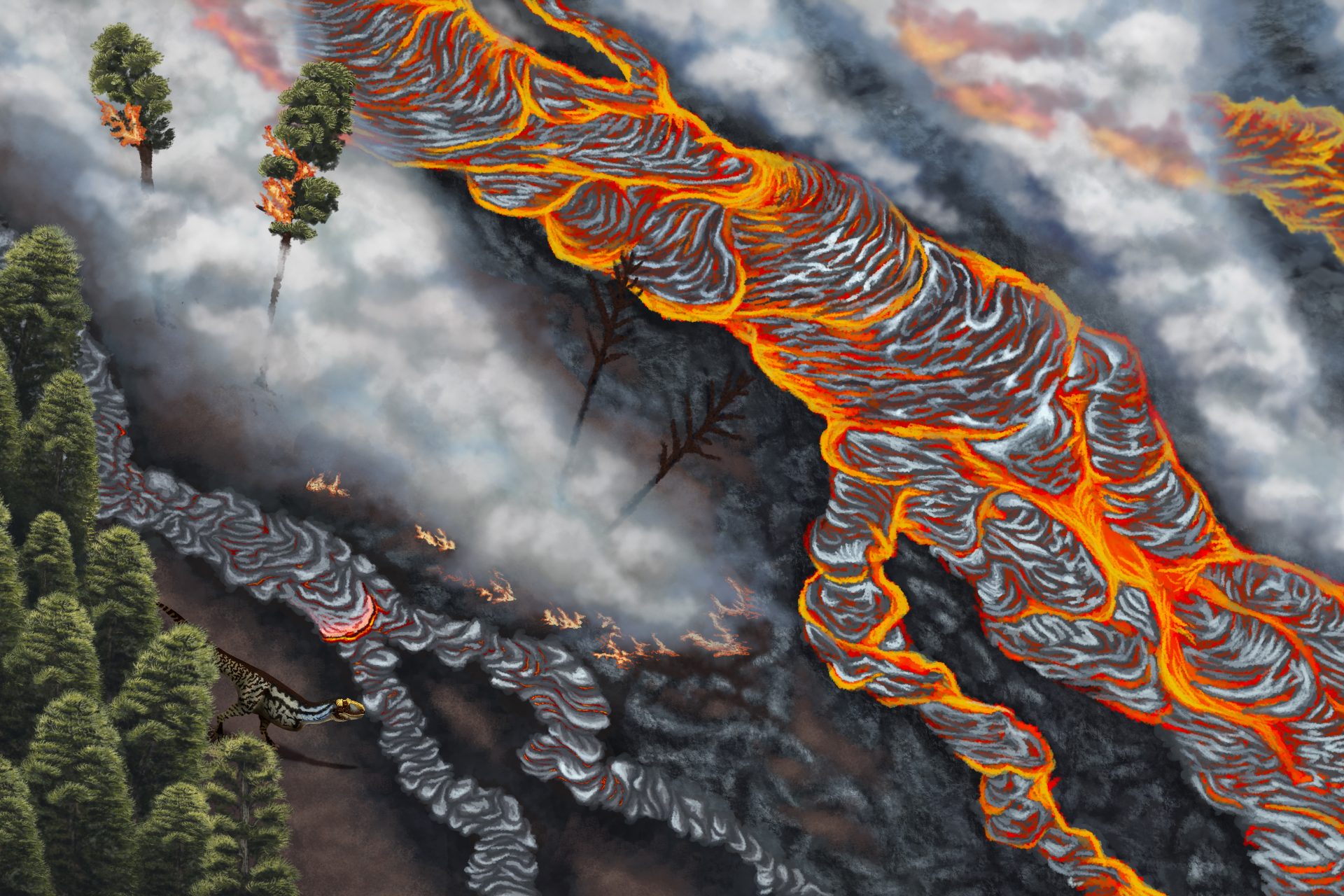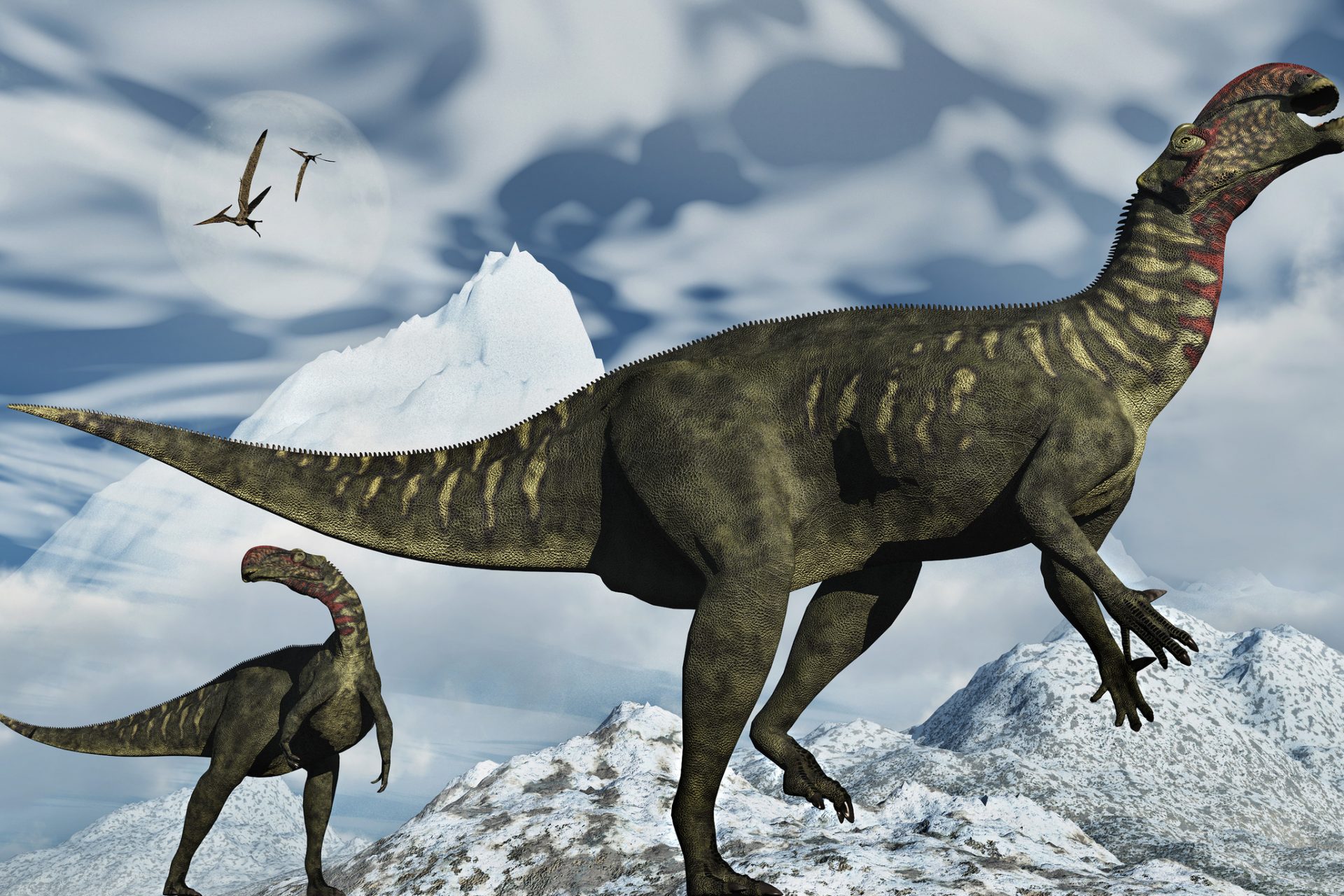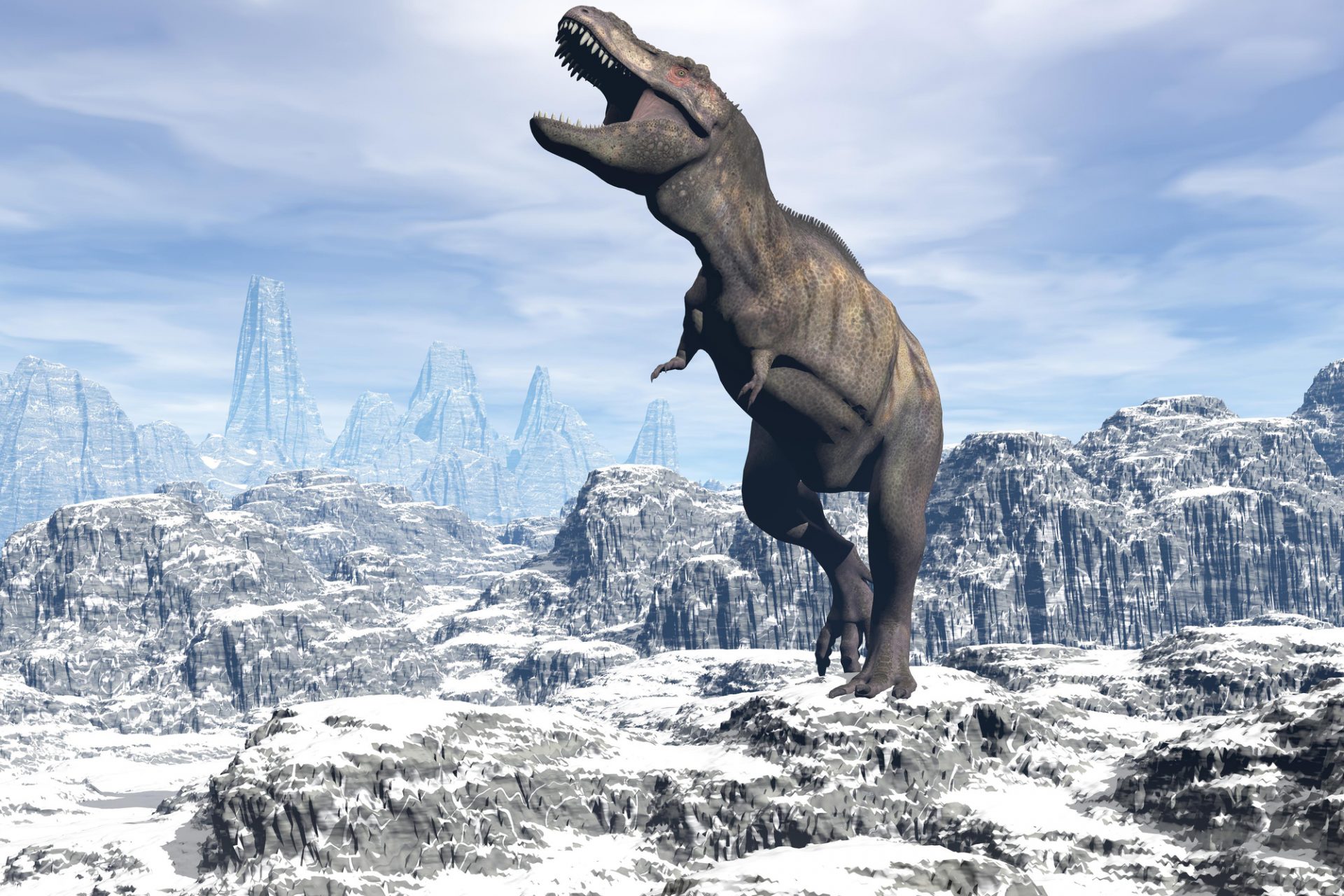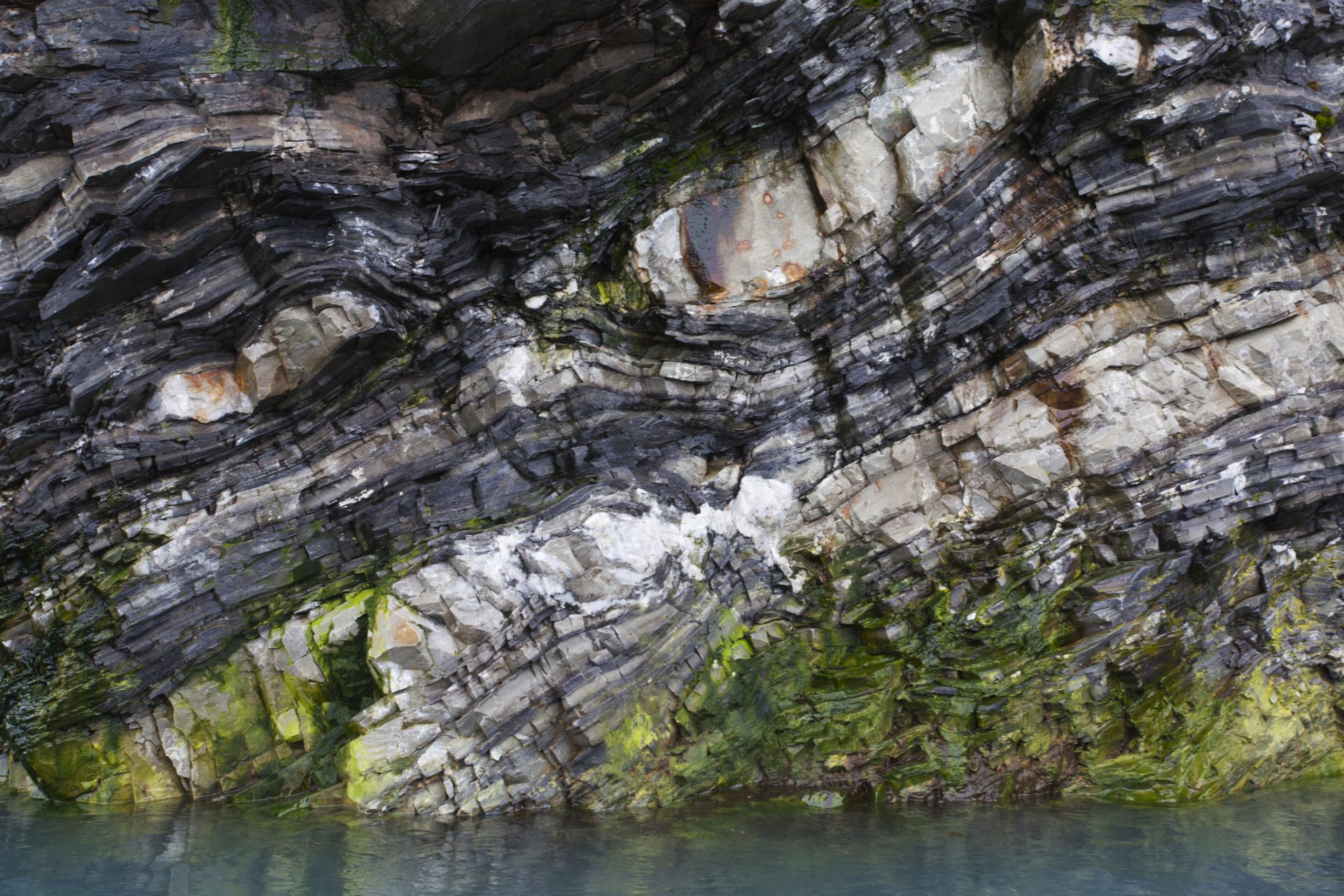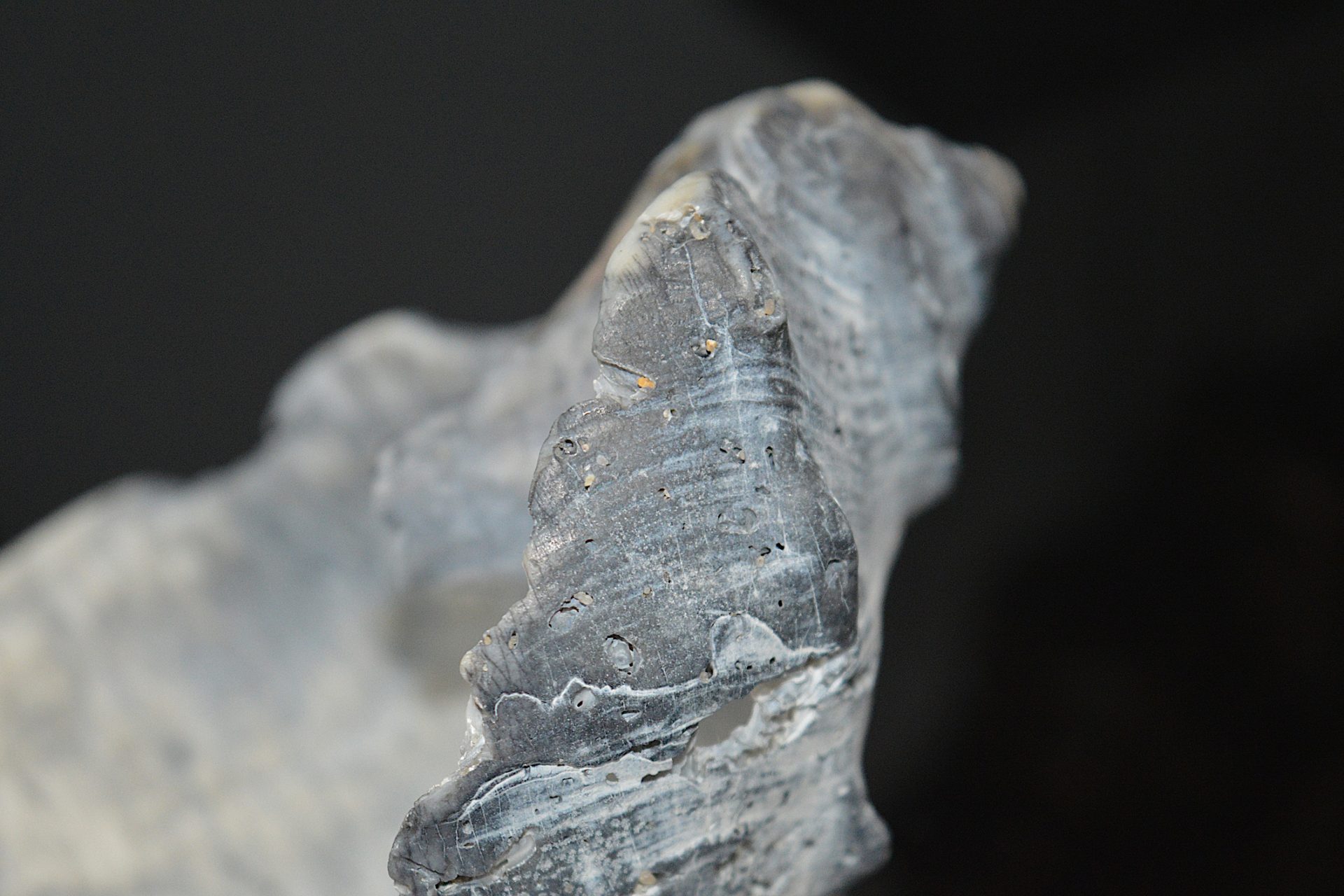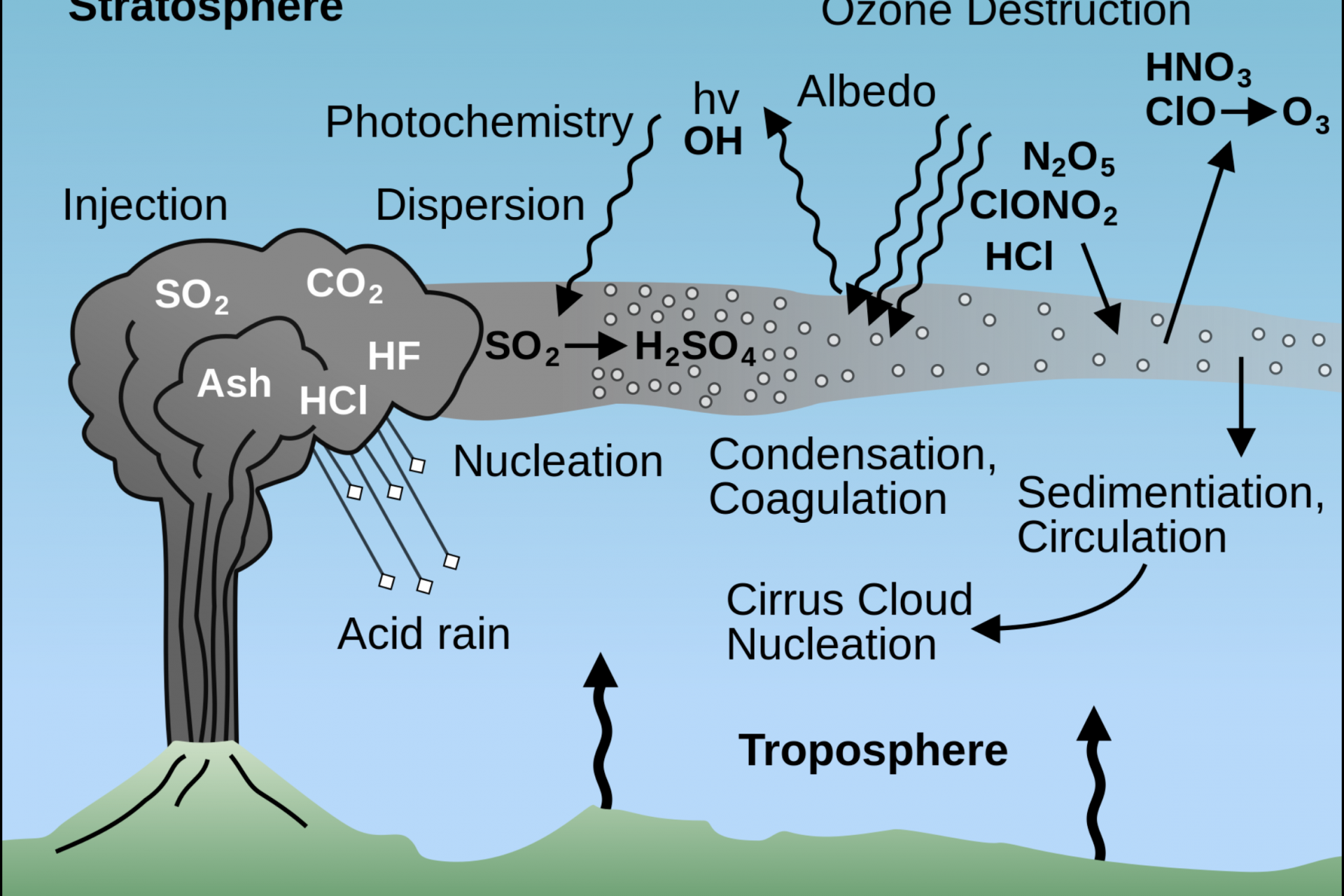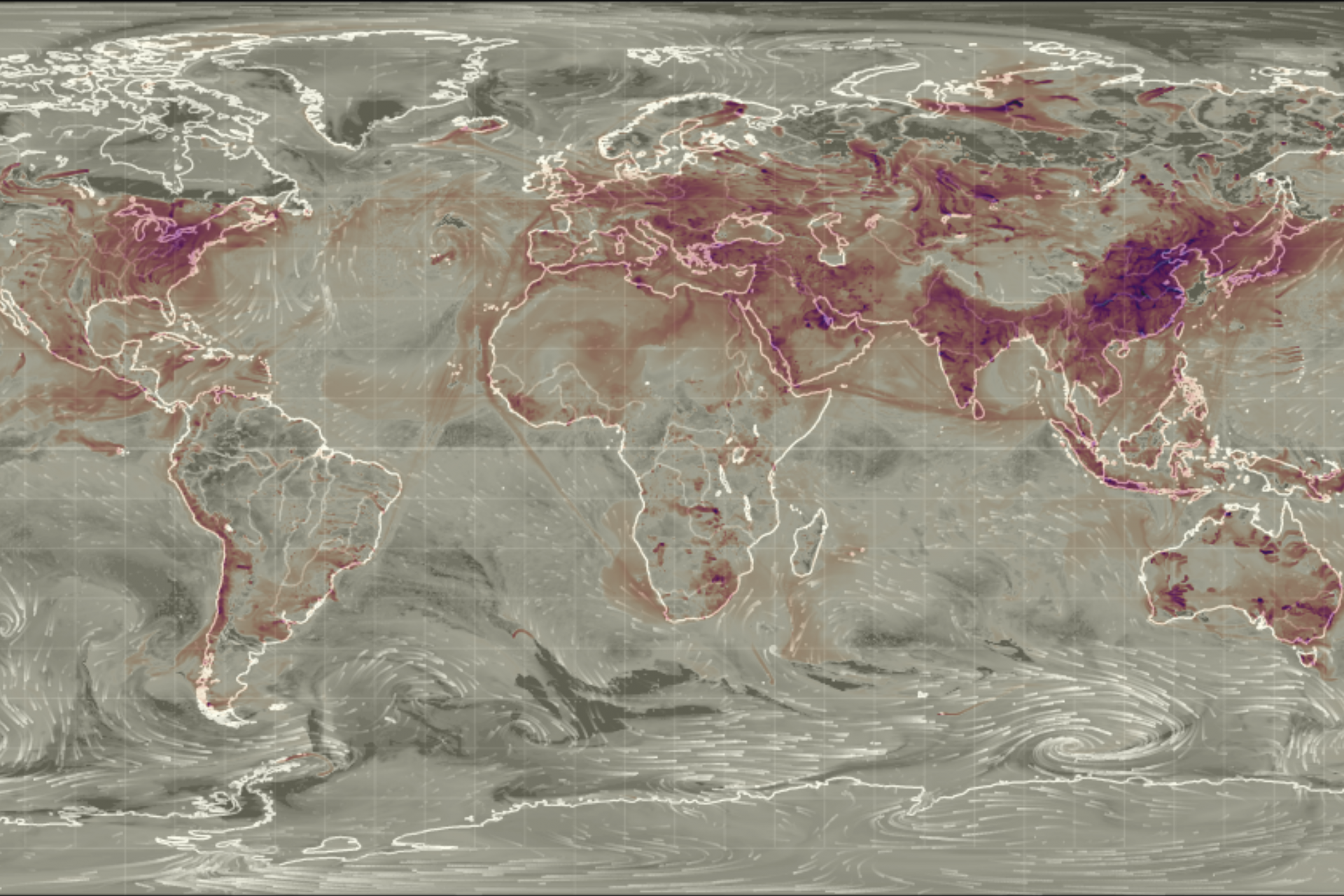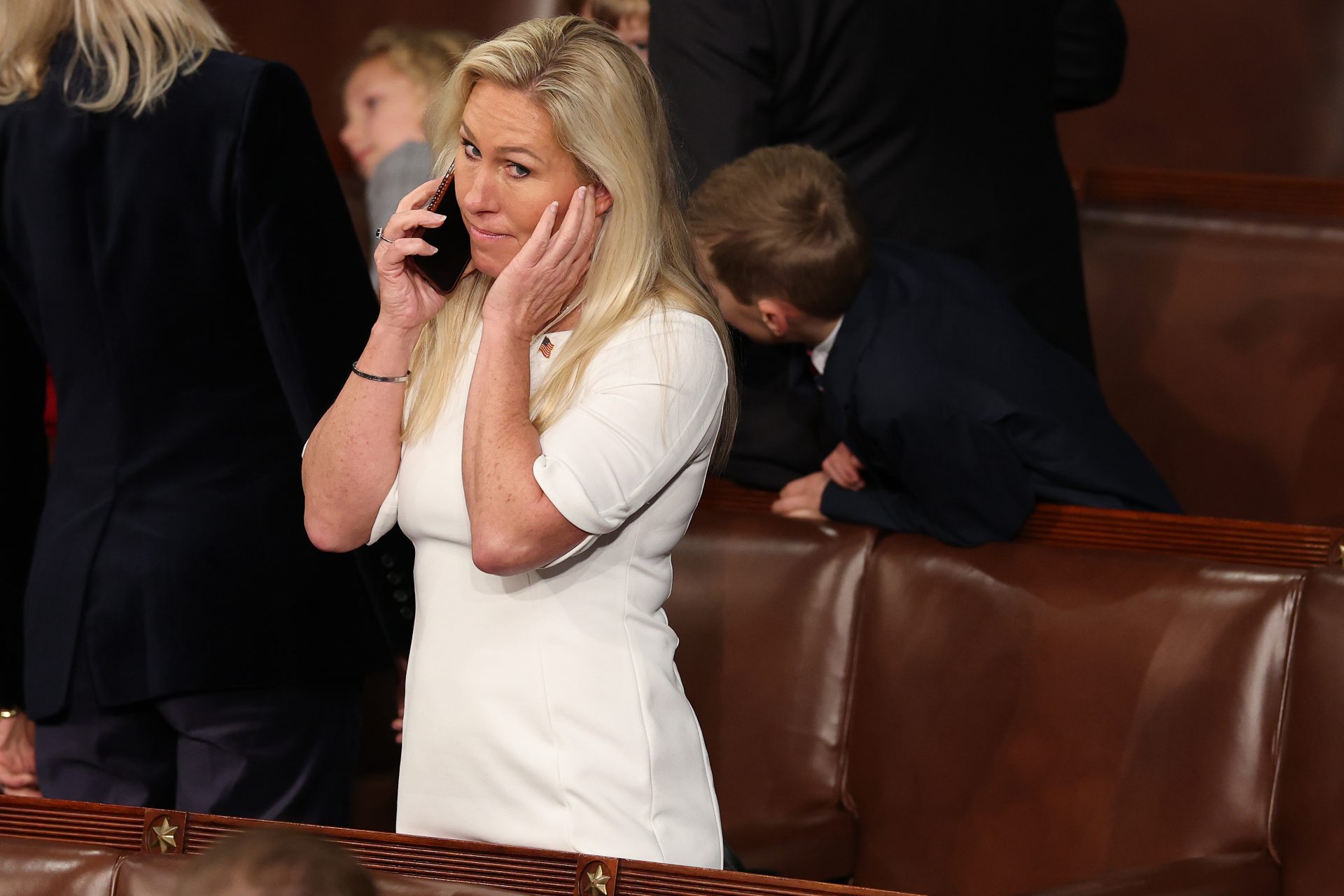Dinosaurs were always doomed to death even if they weren't wiped out by an asteroid
The extinction of the dinosaurs is a concerning cautionary tale for the human race as we become more aware of the extraordinary threats that lurk in outer space. But Earth's giant reptiles may have always been doomed according to researchers.
A study from 2023 suggests that dinosaurs might have always been doomed to die off even if the Earth wasn't hit by a massive asteroid. Here's what we know about the research and why it actually makes a lot of sense.
Published in the journal Science Advances, the study's authors arguee that Earth’s dinosaurs may have been doomed even if the planet was hit by the asteroid that ultimately killed the majority of life on the planet following the strike.
The researchers revealed that the Earth’s prehistoric climate was changing in a way that would not have favored the survival of the dinosaurs in the long run, and what was learned from the researchers' study could eventually help us.
Climate-triggered volcanic eruptions would have eventually killed the dinosaurs if they hadn’t been wiped out by the malicious vicissitudes of an uncaring universe. Sulfur in the atmosphere was kicking off a cooling period.
The study was rather scientific in its explanation of the situation but the fundamentals of the research aren’t too difficult to understand. The research team did a deep dive into the volcanic eruptions of the Deccan Trap and discovered something fascinating.
Some explanation is probably in order here since not many people would know what the Deccan Traps were off the top of their heads. They are a region in central India that consists of a number of volcanoes according to Oregon State University’s Volcano World blog.
Photo Credit: Wiki Commons By Uwe Dedering - Own work, CC BY-SA 3.0
The Deccan Traps might have played the key role in changing the Earth’s climate about 65 million years ago after volcanoes in the region erupted an enormous amount of sulfur and fluorine into the planet’s atmosphere.
Photo Credit: Wiki Commons By Planet Labs, Inc.
“Independent evidence suggests the Deccan flood basalts erupted in high-flux pulses. Our data suggest that volcanic sulfur degassing from such activity could have caused repeated short-lived global drops in temperature,” the study’s authors wrote.
What the researchers were saying was that the volcanoes of the Deccan Traps were in a repeating eruption cycle, and their research indicates the sulfur released by these cycles would have been enough to trigger a global temperature drop.
Photo Credit: Wiki Commons By Leonardo HerSan, Own Work, CC BY-SA 4.0
PhysOrg’s Kelia DePape noted in her analysis of the researcher's study that this global drop in temperature from volcanic eruptions is commonly referred to as volcanic winter, and it was this volcanic winter that would have doomed the dinosaurs.
"Our research demonstrates that climatic conditions were almost certainly unstable, with repeated volcanic winters that could have lasted decades, prior to the extinction of the dinosaurs,” study co-author Don Baker explained according to DePape.
“This instability would have made life difficult for all plants and animals and set the stage for the dinosaur extinction event. Thus our work helps explain this significant extinction event that led to the rise of mammals and the evolution of our species," Baker added.
How Baker and his fellow researchers from around the world went about making their discovery was quite ingenious. The team took rock samples from all over the planet and was then able to estimate how much sulfur and fluorine were shot into the atmosphere.
DePape explained that elements from the Deccan Traps eruptions were trapped in the rocks gathered by the researchers, and when they applied a new technique to count the concentrations of sulfur and fluorine in the rocks.
Once the researchers knew the concentrations of sulfur and fluorine in their rocks, they were able to estimate the total amount that would have been sent into the atmosphere, and from that they could make predictions about Earth’s cooling climate.
Photo Credit: Wiki Commons By cflm (talk) - Own work
This isn’t the first time a theory about the dinosaurs being doomed from volcanic eruptions in the Deccan Traps has been proposed. Boy Genius Report noted in its analysis of the study that back in the 1990s researchers had proposed a similar idea.
Photo Credit: Wiki Commons By The GEOS-5 data from the Global Modeling and Assimilation Office
However, researchers at the time thought the volcanic eruptions may have happened too early to have had an impact on the dinosaurs, a worry the new research challenges, showing that volcanic winter may very well doom the dinosaurs to extinction.
More for you
Top Stories



